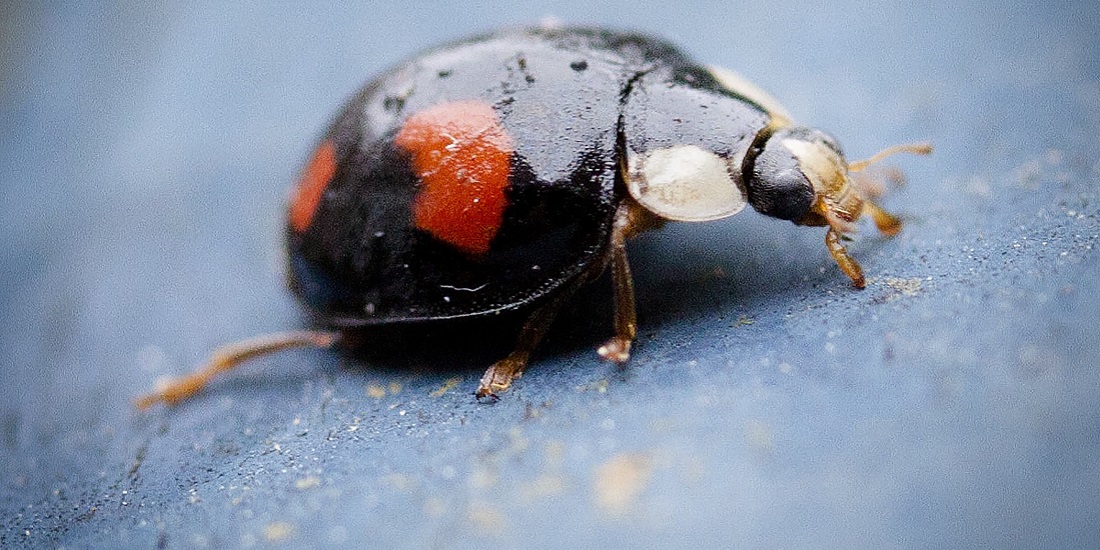Amazing DIY Garden Pest Control you Need to Know

One bug is just easy as 1, 2, and 3 which is actually not a problem at all! In nature, there are always some garden pests munching and chomping on those leafy plants; that is just the way it is. Still, not all pest damage is important enough for us to make a big action like using pesticides and other synthetic chemicals just to get rid of them. Even the healthiest gardens cannot escape the wrath of bugs, however these plants can still produce a bountiful result.
Natural pest control is an efficient way to preserve your garden which is in fact less expensive. It is not only safe for your garden, but also to your family and the environment.
One of the shocking reality today is that each year homeowners from North America use an astounding 136 million pounds of pesticides on lawns, gardens, and even inside their homes. This is about three times the amount of pesticides as farmers used. Aside from that, most of the wildlife poisonings and water contamination caused by pesticides actually comes from residential homes.
The best way to maintain a healthy garden is to get rid of them in the first place. The sooner it is identified the easier it will be to manage using earth-friendly methods.
How to prevent garden pests
1. Remove any weak or infected plants. Pull the plant and dispose it away from the garden area. If an infected plant is not removed, this may cause contamination to the mother plant and worst may affect the other plants as well.
2. Use Seaweed mulch. The basis of organic plant nutrition is to feed the soil not the plants. Seaweed contains elements that can provide nutritional value to the soil such as calcium, iron, magnesium, sulfur, and zinc, sulfur. This will cause the plants to grown into a healthier and studier plants. Seaweed mulch can also develop the strength of the plants to shrug off slugs.
3. Minimize the possible insect habitat. Inspect your garden regularly to detect problems early. The best way is to clear your garden area of any unwanted debris and weeds because this can attract insects. This will also allow them to breed and propagate.
4. Water the plants early in the morning. According to the book, Timber Press Guide to Vegetable Gardening in the Southwest by Trisha Shirey, “Morning is the best time to water the plants.” Wet leaves may also attract insects that can result in fungal infection to plants.
5. Lastly, always clean your tools, garden gloves, and shoes before going to your garden area or to another garden areas to prevent the spread of unwanted pests.

Furthermore, one of the common way of do it yourself is making a spray especially the garlic pepper spray. To prepare this, we should make sure that we are using garden gloves as it may cause skin irritation. Then prepare all the materials needed. First chop and grind one garlic bulb and one small onion. Secondly, add 1 teaspoon of powdered cayenne pepper and mix with 1 quart of water. Let it soak for one hour, strain through cheesecloth and add 1 tablespoon of olive oil to the strained liquid. Mix well. The olive oil coats larvae or eggs and smothers them. Finally, spray your plants thoroughly, including leaf undersides. The left mixture can be stored in the refrigerator for a week.
Though preventing pest is quite expensive, homemade remedies are low-cost and economical. Below are some of the many successful ways in eliminating unwanted pests.
Mites and Aphids: First, combine one tablespoon of olive oil and a few drops of mild non-toxic dish soap into a quart of water. Then place this in a spray bottle and shake well. Finally, spray it to the plant from above down, and from below up to get the underside of the leaves.
Grubs: Spread a milky spore granules into the soil. This will terminate the grubs and kills them
Slugs and snails: Using diatomaceous earth to scatter along the plants and edges of your garden. The tiny particles of the earth can penetrate slugs and the outer shell of the snails because of its sharp sides.
Pests: Coffee is not only for drinking but it can also be a repellant for insects and animals because of its strong scent. In addition, coffee is rich in minerals and can be added directly to the soil. Placing it around a plant is a good way of preventing pests from going directly to it.
Mosquitoes: Thai lemongrass contains natural oil citronella which is a great mosquito repellent. Using lemongrass can be pretty hard use. The first thing that we need to do is break the stalk and peel away the outer leaves to get to the pulp and rub it on outer parts of the plant.
These simple information are just some ways to help us for a better world. Going basic is sometimes hard but these facts are actually the main building block for the new ideas to come.